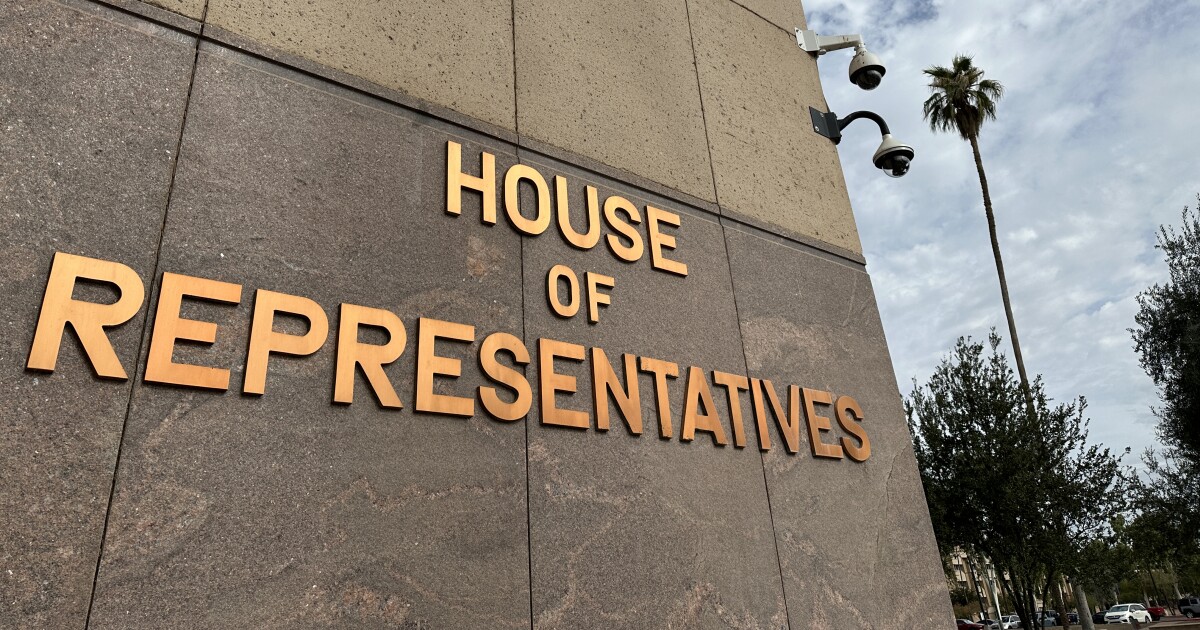Michigan University Faces Legal Scrutiny Over Gender-Affirming Care Policy
In a move that has sparked significant controversy, the University of Michigan’s recent decision to halt gender-affirming care for minors has drawn the ire of Michigan Attorney General Dana Nessel. The Attorney General has suggested that this policy change may contravene state antidiscrimination laws.
Michigan Attorney General Dana Nessel criticized the University’s action, stating, “The announcement from the University of Michigan that they will no longer provide their transgender patients with all of the healthcare options available is shameful, dangerous, and potentially illegal,” as she noted in a statement issued on Tuesday.
The University’s health system made the decision following federal scrutiny under the Trump administration, as noted in its official statement. It cited the subpoena from federal authorities as a pivotal factor behind the change, stating that “escalating external threats and risks” led to the cessation of gender-affirming hormonal therapies and puberty blockers for minors.
This policy shift has raised questions about compliance with Michigan’s civil rights laws. Attorney General Nessel emphasized that withholding healthcare services from transgender individuals while still offering similar services to cisgender individuals could be considered discriminatory.
When asked about the University’s decision, Mary Masson, senior director of public relations for Michigan Medicine, stated, “I have no information to share regarding the AG’s statements.”
Legal Implications and Ongoing Disputes
Nessel reiterated her previous guidance to healthcare providers, reminding them that federal funding availability should not impact nondiscriminatory access to healthcare services in Michigan. This guidance was initially released in February after executive orders from the Trump administration aimed to restrict federal funding for providers offering gender-affirming care to minors.
Corewell Health’s prior decision to pause offering gender-affirming care to new minor patients highlights the complexities of this issue, although they later reversed this decision. A spokesperson for Corewell remained non-committal about future actions, stating only, “We are aware of the University of Michigan’s decision and we have nothing to share.”
Attorney General Nessel has also taken legal action by joining a multistate lawsuit against the Trump administration’s policies that aim to limit gender-affirming care for those under 19 years old.
Nessel’s open letter underscored the potential legal risks for healthcare providers that might withhold services based on gender identity, pointing out the possible harm such actions could cause.
Erin Knott, Executive Director of Equality Michigan, expressed support for Nessel’s stance, affirming that denying medically necessary care to transgender individuals is not only wrong but potentially unlawful.
The University of Michigan owns Michigan Public’s broadcast license.
—
Read More Michigan News









